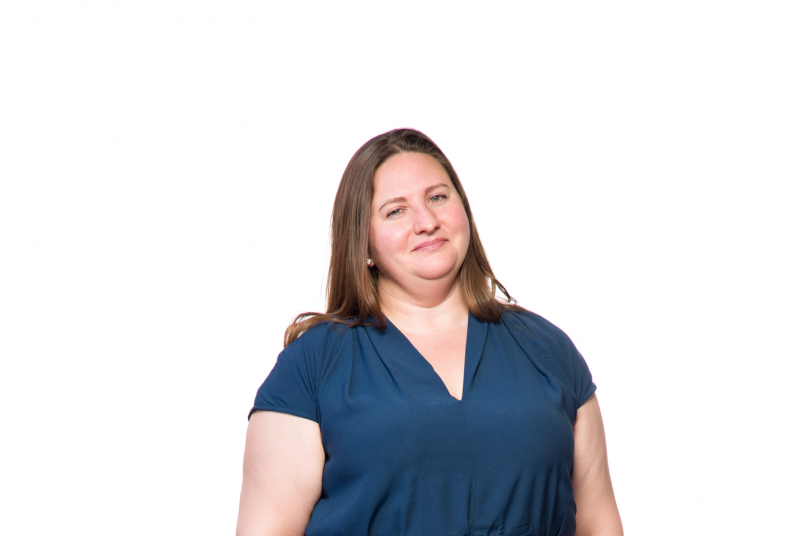
Katharine Strong
What does your office do?
We facilitate the College’s response to reports of possible violations of the standards of conduct. Oftentimes it’s either an administrative response—which is a low-level conversation around policy, determination of responsibility, and a response that isn’t going to interrupt the student’s career—or going through an adjudication process through the Committee on Standards [COS] that may result in a student’s suspension or possible separation from the College. Then we help the student to figure out what’s next.
What is the COS?
The COS is a group of 20 faculty, 20 staff, and 20 students who represent a cross-section of the Dartmouth community. The average case brings two faculty, two students, and a staff person to review the information and speak with the accused student and any witnesses. It then deliberates on the student’s responsibility and decides on a College response.
Is there one thing more than others that leads to suspensions?
According to the community report, the division between academic honor cases and behavioral misconduct cases is pretty even. The thing to know, I suppose, is that the likely outcome for an academic honor case is suspension. All honor cases are heard by the COS.
How long is the typical suspension?
The average suspension for an academic honor case is two to three terms. We probably end up with 20 students suspended a year—not a lot. The COS hears 50 to 60 cases a year, whereas at the admin level, where we’re talking with students and intervening on policy issues but interrupting their career isn’t a reasonable response, we see about 350 of those cases a year.
What are some trends or patterns that you’ve noticed in the last few years?
We continue to see responses to underage drinking as being the primary work of the office.
What misconceptions do you face?
There can be an assumption that we are looking for people to do something wrong. Much of our team has come to this work out of a desire to support students, but that support is accountability. Accountability helps us grow. I’m playing a long game. We’re likely to have impact over time and less likely to feel good in the moment. If we hold each other accountable, then we get to be our better selves.










